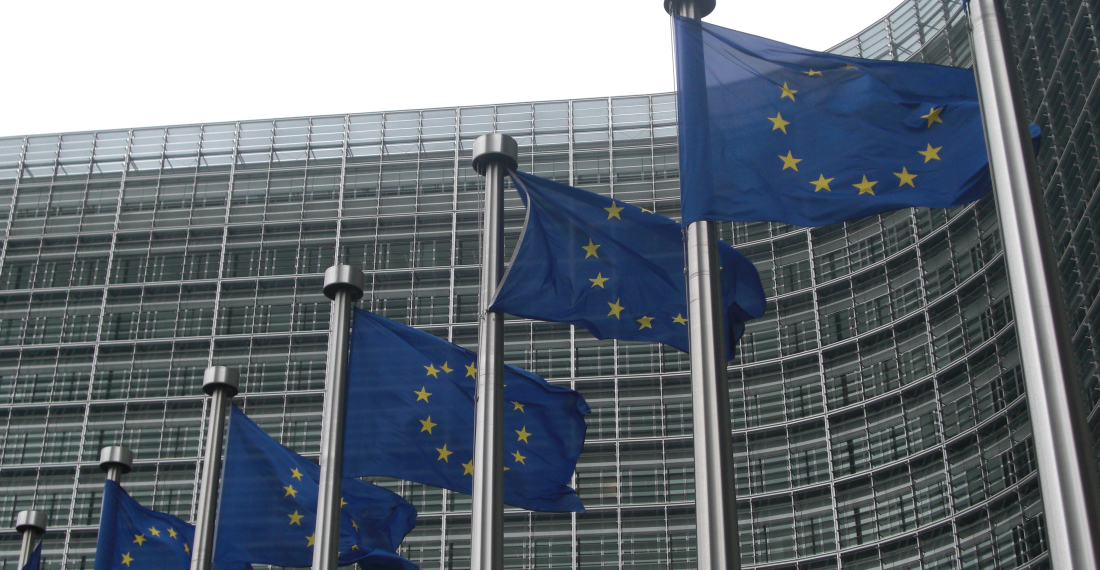Environmental campaigners announced on Tuesday (27 August) that they have taken the European Commission to court over its 2030 emissions rules. They are seeking a ruling from Europe's second highest court that would force the EU bloc to strengthen its climate policies. The case, filed at the General Court of the Court of Justice of the European Union, is being led by the non-profit organisations Climate Action Network and the Global Legal Action Network (GLAN).
A spokesperson for the European Commission declined to comment on ongoing legal proceedings. In a written defence submitted to the court in July, the Commission asked the court to dismiss the lawsuits as inadmissible. Environmentalists argue that wealthy, historically high-emitting regions such as the EU should cut emissions faster than the rest of the world. They argue that national limits on greenhouse gas emissions in sectors such as transport and agriculture are unlawful. The campaigners claim that the limits set will not reduce Europe's emissions fast enough to meet the Paris Agreement's target of limiting global warming to 1.5 degrees Celsius (about 2.7 degrees Fahrenheit) above pre-industrial levels. The General Court of the Court of Justice of the European Union has given the case priority status, meaning it is likely to be heard in 2025.







